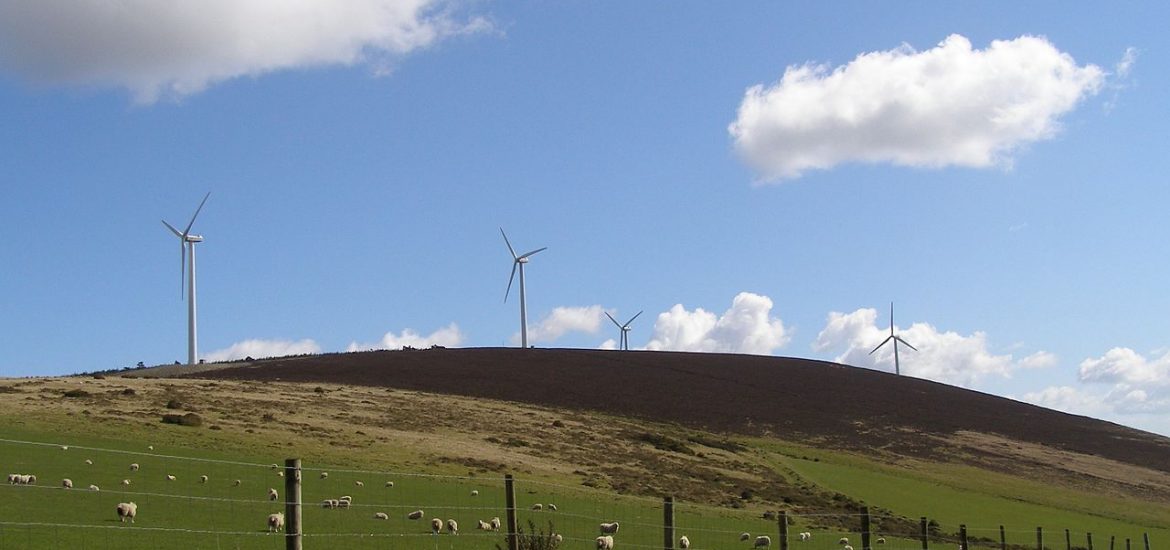
Irish environmental groups and the Green Party have accused the Dublin government of refusing to back EU proposals to allow community groups and householders to generate and sell renewable electricity back to the national grid.
But Ireland’s Minister for Climate Action and Environment Denis Naughten rejected the accusations that the republic was not supporting renewable energy policy reforms.
Documents leaked from Irish sources in Brussels suggested the government was opposing specific changes proposed by the European Commission to the Renewable Energy Directive (RED II).
The documents reveal “three red-line issues” for Ireland in the RED II proposal, including “significant concerns” over member-state contributions to overall EU targets after 2020.
Community “microgeneration” is seen by the EU’s executive branch as an important strategy to cut carbon emissions and to facilitate changing attitudes to tackling global warming.
RED II will run from 2021 to 2030, with the proposal outlining plans to increase the proportion of renewables in the bloc’s overall energy mix to at least 27 per cent by 2030.
Green Party leader Eamon Ryan said: “One of the reasons why Ireland is now ranking so low in international climate action league tables is because we are seen in Europe as one of the countries which is trying to block new clean energy solutions.”
Ireland’s amendments revealed “how negative we have become, constantly looking to reduce [carbon] targets and weaken any measures which would compel countries into action”, Ryan told the Irish Times.
“The government is arguing for the removal of a clause which would compel countries to allow householders sell their power back to the grid using ‘at least’ the wholesale price of electricity. The Citizens’ Assembly called for just such a provision but the government is ignoring their advice,” Ryan added.
Ireland reportedly wants to see EU member states avoid financial penalties if they do not meet their renewable targets and argues that they should instead be given an opportunity to attain the required levels.
Dublin’s delegation is also demanding increased flexibility for states to set their own targets in opposition to a proposed 12-per-cent sectoral target for transport.
“Ireland’s position has been that member states must have maximum flexibility in designing their national support schemes, which are in line with the principles of subsidiarity and ensuring that unworkable obligations are not ‘hard-wired’ into a directive,” Ireland’s Department of Communications, Climate Action and Environment said in a statement.
But Ryan accused the government of attempting to remove a provision that would require countries to support community ownership of energy in renewable promotion schemes. Similar policies were pursued elsewhere in the bloc, the Green leader added.
“Minister Denis Naughten publicly supports these measures, but when it comes down to reality, his department is working in Brussels to undermine this new ownership model.”
The Irish amendments are due to be discussed in Brussels this week before going to the next European Council meeting for a final ruling on December 18.
Wind power has great potential in Ireland. Picture credit: Wikimedia





